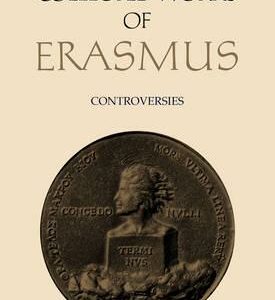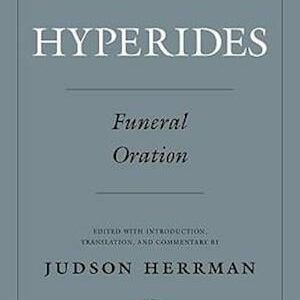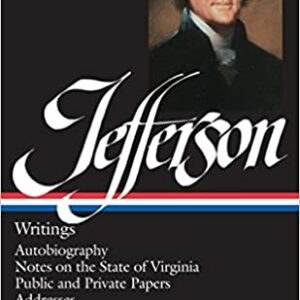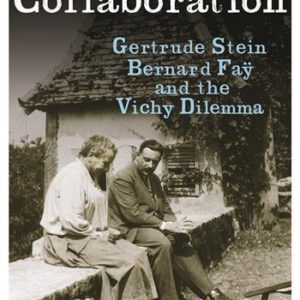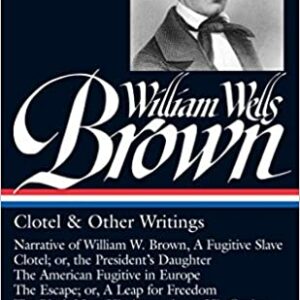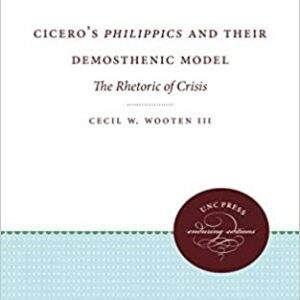
Cicero’s Philippics and Their Demosthenic Model: The Rhetoric of Crisis
By Cecil W. Wooten (NHC Fellow, 1980–81) Although Cicero's Phillipics are his most mature speeches, they have received little attention as works of oratory. On the other hand, scholars in this century have considered Cicero's attitudes toward and dependence on Demosthenes to be an issue of importance. Cecil Wooten brings together these two concerns, linking Cicero's use … Continued
